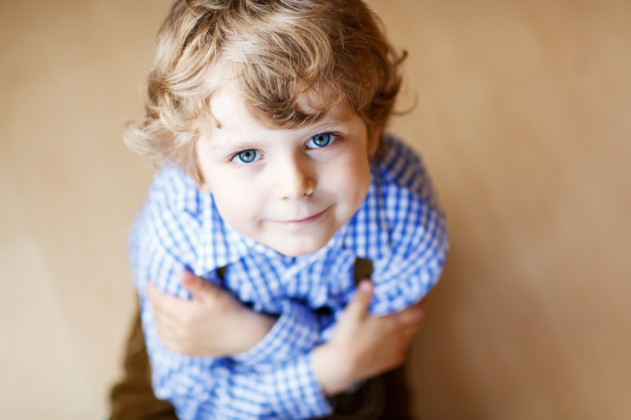As a mother of a white child, I don’t worry that my son will be killed by a cop after a traffic violation; I do worry that he might want to be that cop someday.
I am the mother of a son. These days, with angry white men bearing guns, with unarmed black boys and men being killed by police and other citizens, I am thinking a lot about what that means. I am thinking of Trayvon Martin and Freddie Gray. I am thinking of Michael Brown and Tamir Rice.
I just finished teaching Claudia Rankine’s marvelous book Citizen, which is, among other things, a wake-up call to the citizens of America. Her book explores the complexities of racism and violence perpetrated against black bodies, not just in explosive or explicit sorts of ways, but also the daily smaller micro-aggressions that add up to something big. Exchanges at cafes, in cars, on public transportation. Moments that should be innocuous instances of daily life but instead become charged with racially-coded meaning.
One of the most striking features of the book, Rankine’s use of the second person “you” implicates the reader, regardless of race and gender. It is, as she says in an interview, both accusative and intimate. I know, as a white woman, I do not read the same version of Citizen as my students of color. Still, it forces the issue.
I worry all the time.
I am thinking of what it means to be a white woman, a professor at a major university, the mother of two children, one of them a son who will grow up to be a man. The privilege and burden of this. How to raise a boy in a culture of toxic, straight, white masculinity—this cartoon-character world of stereotyped white heroes and black villains.
At 4, my child is just now observing the differences between bodies, just beginning to navigate the complexities of the social world. One day he comes home and says he “hates” one child, who happens to be black; he also “hates” another child, who happens to be white. I ask him about these moments with attention, my heart racing. These feelings do not seem to have anything to do with the child’s race but with small behaviors on the playground (someone threw sand in his hair, someone didn’t let him go on the swing). I tell him the word “hate” isn’t kind. We don’t talk about “good guys” and “bad guys,” just behaviors. Still, I worry. Where does prejudice begin?
It is not a good time to be raising a boy-child in America. And I think for me, one of the most profound awakenings from Citizen is how we are all shaped and affected, albeit in profoundly different ways, by institutional and structural racism. I cannot understate the significance of those differences. No, as a mother of a white child, I don’t worry that my son will be killed by a cop after a traffic violation; I do worry that he might want to be that cop someday. I worry that he will be afforded opportunities simply because of his race, not his skills, and I also worry that he won’t. I do not want my son to be feared, hated, or shamed because of the color of his skin. I am not naïve enough to believe in “reverse racism,” but prejudice is not color-blind. I have seen both sides firsthand on campus, on social media, in the community.
One small boy is not the same as white patriarchy writ large. But racism begins somewhere, and I don’t want it to be in my home. How do I teach my son to grow up to be a good citizen? To be aware of the power and privilege he holds due to his whiteness, his maleness, even if neither is something he asked for? To be able to critique his social position and use that critique to guide his behavior as he grows?
There is no easy answer. The legacy of racism and what Eula Biss calls the “conundrum of whiteness” cannot be solved in an 800-word essay. But raising these questions is a beginning, and a vital part of what it means for me to be a white feminist mother. For now, I read my children books with diverse characters. They go to school with children from many different ethnic backgrounds, races, religions, family situations. Have friends from different cultures, share in their traditions. We talk about privilege and generosity. We donate to those in need.
I worry. I write. I teach Citizen.
Robin Silbergleid is the author of the newly-released collection of poems The Baby Book (CavanKerry Press), the memoir Texas Girl (Demeter Press 2014), and two chapbooks. She is associate professor of English and director of creative writing at Michigan State University. A previous contributor to Role Reboot on issues of infertility and single parenthood, Robin partners with the national organization The ART of Infertility for advocacy and education. You can find her online at robinsilbergleid.com or on Twitter @rsilbergleid.
Related Links:

